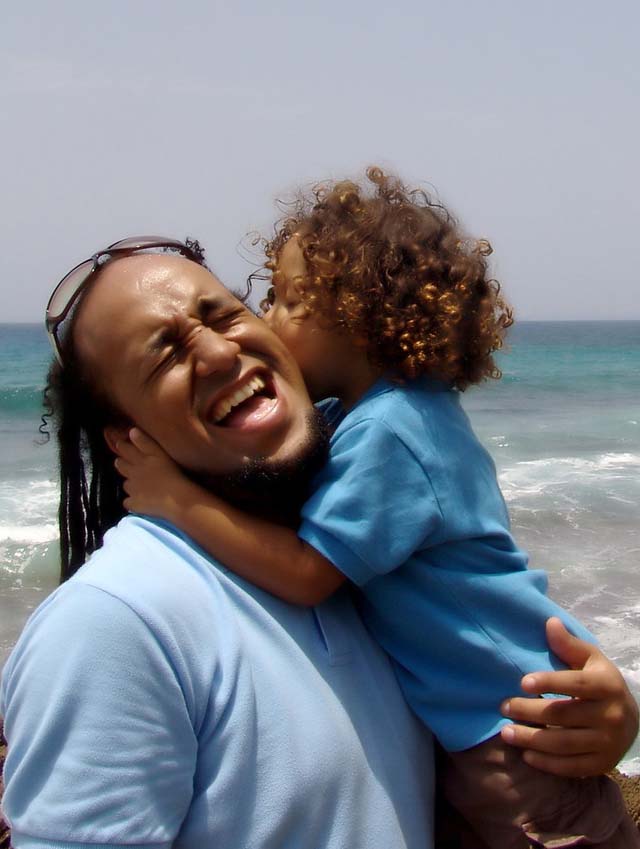The Second Main Intimacy Need of Childhood
How has our own childhood affected our parenting? And how can we overcome our own challenges when raising our children so that they have greater self-esteem than we do? Currently in our #Thursday Thoughts blog posts we are busy with a mini-series that considers these questions and their interlinked issues, excerpted from Owen Connolly’s book for fathers called “Standing on the Shoulders of Giants”. (If you’ve not read the previous posts, you can start at the beginning of the mini-series here.) Last week we looked at the primary intimacy need of childhood and today we will examine the second main intimacy need of children. These posts are Owen’s own opinions based on his decades of experience as a counselling psychologist, father and grandfather. As always, we welcome your input on our social media profiles.
WHAT IS THE SECOND MAIN INTIMACY NEED OF CHILDHOOD?
The second main intimacy need is attention, and attention means listening. It means showing some care and affection and commenting favourably. And these things should be focused on your child personally – on their BEING, not their DOING. They should feel that what they have to say is important so that it gives them confidence to speak out in the future. This is important because it’s so easy for them to interpret that what they have to say is not important. The fear of being ignored is a huge fear for children and it’s a huge shame to wait til the brick comes through your window before realising, “Hey, my child wants to be listened to.”
The kind of actions that help the child internalise that they’re receiving attention include showing caring concern by empathising with them in their hurts, and showing kindness and compassion when they make their little mistakes. Being generous to them shows them that they have your attention, as does showering them with affection, which children respond very positively to. Be tactile, for closeness to your smell and the feeling of your touch, accompanied by the sound of your voice and loving facial gestures, all contribute to the message that you care.
 HUGGING
HUGGING
Feels good
Dispels loneliness
Overcomes fear
Builds self-esteem (Wow! They actually want to hug me!)
Slows down aging (Huggers stay younger longer)
Eases tension
Fights insomnia
Keeps arm and shoulder muscles in good condition
Is ecologically sound (Does not upset the environment)
Is democratic (Anyone is eligible for a hug!)
Is portable
Affirms physical well-being
Is energy efficient (Saves heat!)
Makes impossible days possible
Makes happier days happier.
Author Unknown
